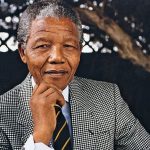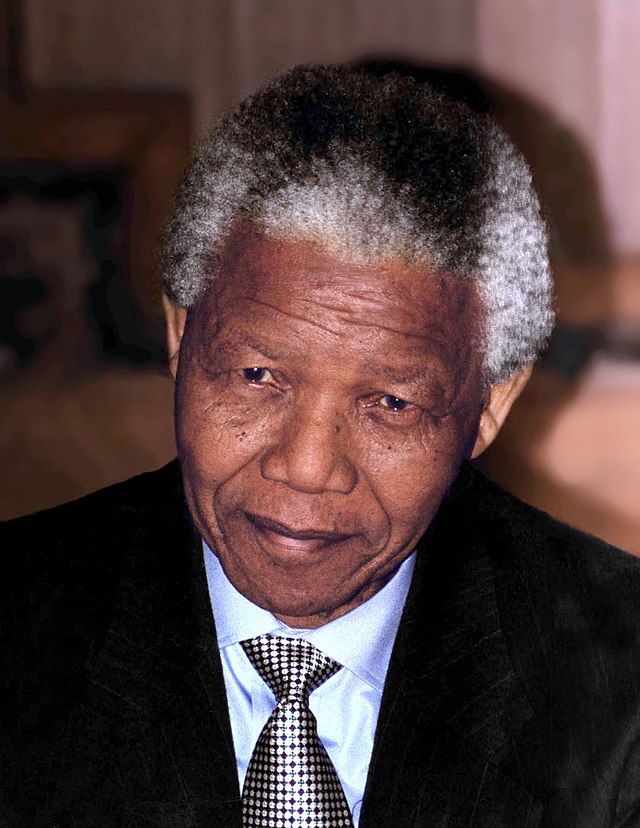
Growing up in a rural village, Mandela witnessed firsthand the racial inequalities and discrimination faced by black South Africans. Mandela’s passion for justice was ignited during his time as a student, where he became involved in activism against racial segregation. He joined the African National Congress (ANC) and dedicated his life to the fight against apartheid, a system of institutionalized racial segregation enforced by the National Party government.
Mandela’s unwavering commitment to justice led to his arrest in 1962 for conspiracy to overthrow the government. He was sentenced to life imprisonment and spent 27 years behind bars, much of it on Robben Island. Despite the harsh conditions and isolation, Mandela continued to inspire his fellow prisoners with his resilience and unwavering belief in a free and democratic South Africa. During his incarceration, he became a symbol of resistance and captured the attention of the international community.
In the 1980s, international pressure on the South African government to release Mandela intensified. Mandela’s release in 1990 marked a turning point in South Africa’s history. He played a pivotal role in negotiating an end to apartheid and fostering a peaceful transition to democracy. Mandela’s commitment to reconciliation was evident in the formation of the Truth and Reconciliation Commission, which aimed to heal the wounds of the past and promote forgiveness.
In 1994, South Africa held its first non-racial elections, and Nelson Mandela was elected as the country’s first black president. During his presidency, Mandela focused on national reconciliation, social justice, and the dismantling of apartheid-era policies. His leadership and vision were instrumental in preventing the country from descending into chaos and laying the foundations for a new, inclusive South Africa.
Mandela’s legacy extends far beyond his presidency. His lifelong dedication to equality, justice, and human rights continues to inspire people around the world. His numerous honors and awards, including the Nobel Peace Prize, stand as a testament to his unwavering commitment to peace and social change.
Nelson Mandela’s life and legacy are a testament to the power of resilience, forgiveness, and the pursuit of justice. Through his unwavering commitment to equality and his ability to inspire others, Mandela transformed South Africa and left an indelible mark on the world. His vision of a united and inclusive society continues to guide us in our ongoing fight against discrimination and oppression. Mandela’s life serves as a reminder that even in the face of immense challenges, change is possible, and hope can triumph over adversity



















Add Comment